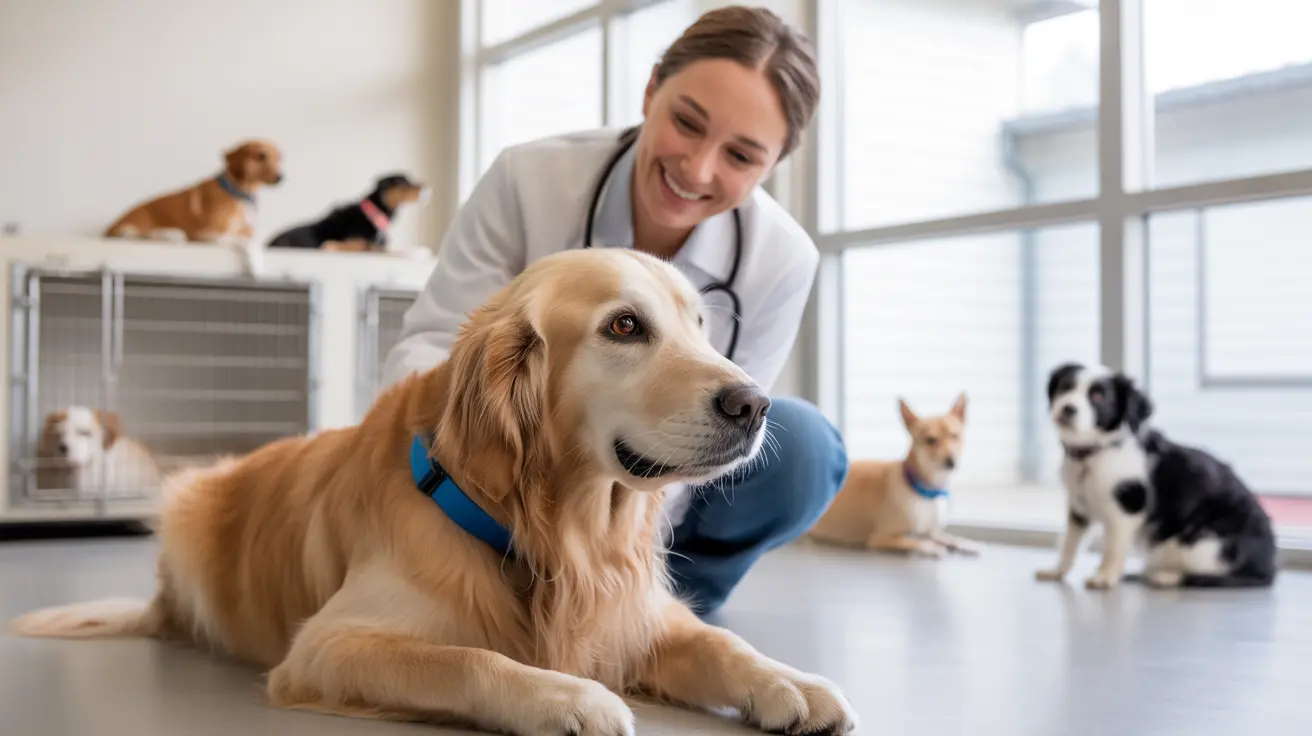Can Dogs Eat Eggs Every Day? A Complete Guide for Pet Owners
Eggs are widely known as a rich source of high-quality protein and essential nutrients. Many dog owners consider incorporating eggs into their canine companion’s diet as a healthy treat option. But how often is too often? In this article, we explore whether it's safe to feed dogs eggs daily and what you need to know to do it safely.
Why Eggs Can Be Beneficial for Dogs
Eggs are a nutrient-dense food that offers multiple health benefits for dogs. A single egg provides:
- High-quality protein for muscle development and maintenance
- Essential amino acids necessary for tissue repair
- Healthy fats for energy and skin support
- Vitamins A, D, B12, and biotin
- Minerals like iron and selenium for metabolic and immune function
These nutrients contribute to improved energy levels, a shinier coat, better skin health, and overall vitality.
Safe Egg Preparation for Dogs
Before adding eggs to your dog's diet, it's essential to prepare them properly. Here’s how:
- Fully cook all eggs to eliminate the risk of bacterial infections like salmonella or E. coli.
- Plain preparation only: Avoid oil, salt, butter, onions, and garlic—all of which can be harmful to dogs.
- Cooking methods: Scrambled, hard-boiled, poached, or baked eggs are safe when unseasoned. Avoid fried eggs unless they’re cooked plain.
How Often Can Dogs Eat Eggs?
Moderation is key. Daily feeding is generally not advised. The general rule is that treats—including eggs—should make up no more than 10% of your dog’s daily calories. Typical serving guidelines include:
- Small dogs: 1/4 to 1/2 egg, 2–3 times per week
- Medium dogs: 1/2 to 1 whole egg, 2–3 times per week
- Large dogs: 1 to 2 eggs, 2–3 times per week
Adjust based on your dog’s activity level, weight, and nutritional needs.
Eggs for Puppies: Is It Safe?
Yes, eggs can be given to puppies once they begin eating solid foods. Start with small, fully cooked portions and observe for any allergic reactions or digestive issues. Avoid raw eggs for puppies due to their undeveloped immune systems and increased sensitivity.
Risks of Overfeeding Eggs
While eggs are healthy, offering them daily can lead to potential risks such as:
- Weight gain due to excess calories and fat
- Gastrointestinal issues like vomiting, gas, or diarrhea
- Imbalance in nutrients if eggs replace a balanced dog food
- Health complications in dogs with kidney disease, obesity, or pancreatitis
Always consult your veterinarian before implementing frequent egg feeding, especially for dogs with existing health conditions.
Biotin Deficiency: The Raw Egg Concern
Raw egg whites contain a protein called avidin that can inhibit biotin absorption—an important B-vitamin. Cooking eggs neutralizes avidin, making them safe and preventing the risk of biotin deficiency.
Eggshells as a Calcium Supplement
Dogs can consume eggshell powder, which is rich in calcium, but this must be done carefully:
- Wash and bake shells before grinding into a fine powder
- Only use under veterinary guidance, especially for puppies
- Never feed large shell pieces—these can be a choking hazard
Puppies should obtain calcium mostly from bone sources rather than shells to ensure proper development.
Signs of Egg Allergies in Dogs
Though rare, some dogs can be allergic to eggs. Symptoms may include:
- Vomiting or diarrhea
- Itchy skin or ears
- Swelling or hives
- Respiratory distress
Introduce eggs gradually to detect any adverse reactions quickly.
Best Ways to Serve Eggs to Dogs
- Crumbled over regular meals
- As standalone treats
- In dog-safe homemade treats
Avoid combining eggs with dairy or seasonings that could upset your dog’s digestive health.
Conclusion: Eggs Are a Treat, Not a Staple
Eggs can be an excellent addition to a dog’s diet, offering essential nutrients and variety. However, they should be treated as a nutritious supplement rather than a daily staple. Always serve them cooked and plain, and limit their frequency to a few times per week. As with any dietary change, consultation with your vet is recommended to tailor portions to your dog’s specific health profile.





